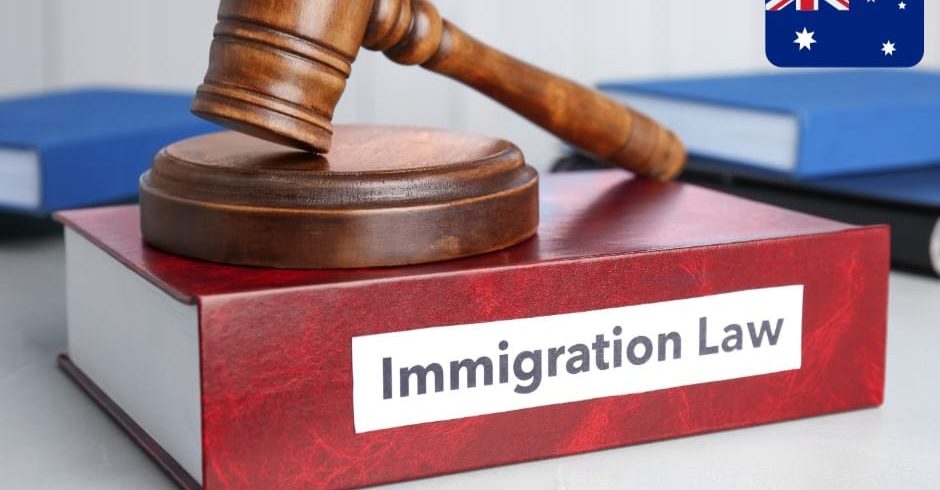What is FDR?
FDR is a special type of mediation in family matters to assist separated spouses or partners to come to an agreement about the future care and welfare of their children following the separation/divorce. The main focus of FDR meetings is to give the parties an opportunity to discuss the pressing issues and work out to meet the future needs and interests of their children. Parents are also provided with assistance on drafting up a parenting plan by the FDR practitioner. For the purposes of ensuring that the parties have genuinely attempted to resolve their dispute before taking their matter to Court, FDR is a mandatory step to take in parenting disputes. FDR, like countless other types of despite resolution, can provide parents in this situation with a range of benefits they would not otherwise receive if they were to resolve their dispute in Court. These benefits are outlined below.
Timing and Costs
FDR is more time efficient and cost-effective than going to Court. For example, FDR is offered through Family Relationship Centers which provide information, referral and individual sessions to couples for one hour, free of charge. If sessions extend beyond the first hour, the Centers will usually charge $30 per hour for parties who earn a yearly salary of $50,000 or more. Parties who earn less than $50,000 in yearly salary will usually have the second and third hours free of charge. Most FDR sessions within the Court are free of charge. There are, however, fees payable to mediators and FDR practitioners, but they are usually lower than litigation fees. FDR sessions within community-based programs are also subject to fees, but these fees are calculated based on the parties’ own financial circumstances.
Parties control the process and outcome
Unlike a litigation proceeding, the parties in FDR are given more time to communicate with each other about the issues and how to resolve them, because the third party practitioner cannot make a binding decision for them and cannot give advice on how to resolve the dispute. This therefore means the parties can come up with their own decision about the care and welfare of their children going forward.
Confidentiality
All discussions undertaken by the parties in FDR remain confidential, and should the matter proceed to litigation, those discussions still cannot be brought up in Court. This means the parties can freely and comfortably discuss any issues relating to the matter without the concern of such discussions being disclosed.
Involvement of children
Sometimes, parties can choose to allow their children to be involved in a FDR meeting if they are old enough to understand the dispute and offer their opinions at a basic level. However, it is recommended for the parties to have a Child Impact Report prepared by an expert in order to get a determination of whether involvement in FDR would be in that child’s best interests before.
Encouraging the child to do so. The consent of both parents must be provided before a child is involved in an FDR session. Children can also be involved by speaking with a child consultant in private about their views of the dispute, and then the consultant will report those views back to the parties
After FDR is completed
If the FDR took place in Court, the judicial registrar conducting the FDR will make interim or final orders reflecting the agreement, which are legally enforceable. If the FDR took place at a community-based or private FDR location, the parties could choose to either file consent orders with the Court, or discontinue the dispute resolution process and have their agreement recorded into a written parenting plan. The third party practitioner can assist the parties with writing the parenting plan. To make the parenting plan legally enforceable, the parties are required to sign it as if they are signing a contract.







Wow, marvelous blog format! How lengthy have you ever been running a blog
for? you made running a blog look easy. The entire look of your website is great,
as well as the content! You can see similar: e-commerce
and here dobry sklep
Great article and right to the point. I am not sure if this is really the best
place to ask but do you people have any thoughts on where to hire some professional writers?
Thx 🙂 Najlepsze escape roomy
Very interesting info!Perfect just what I was searching for!?